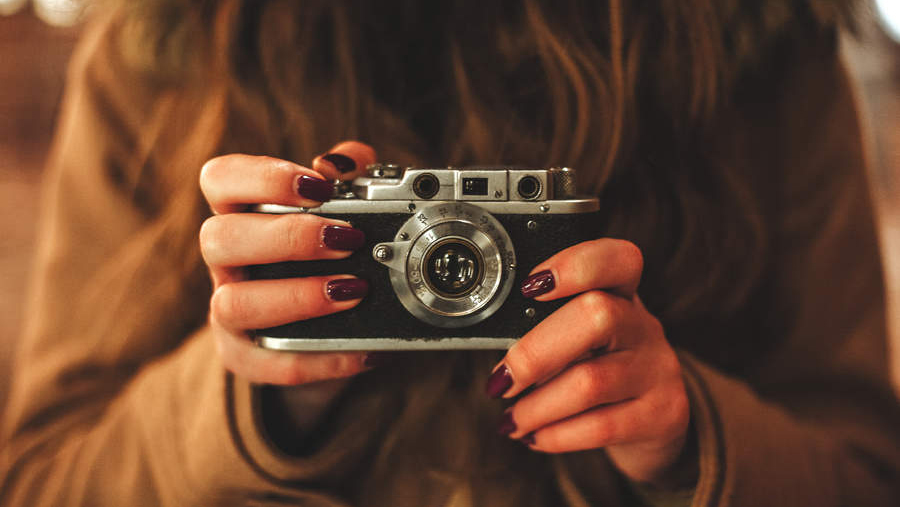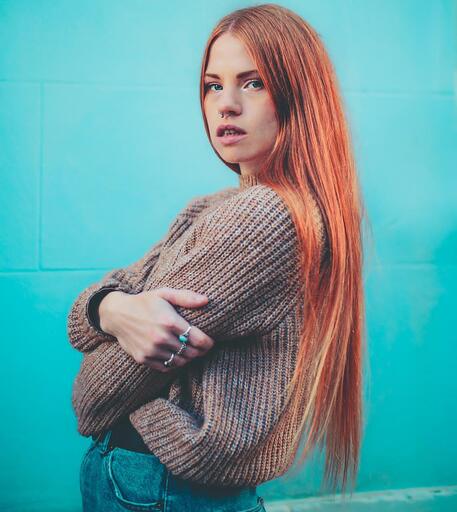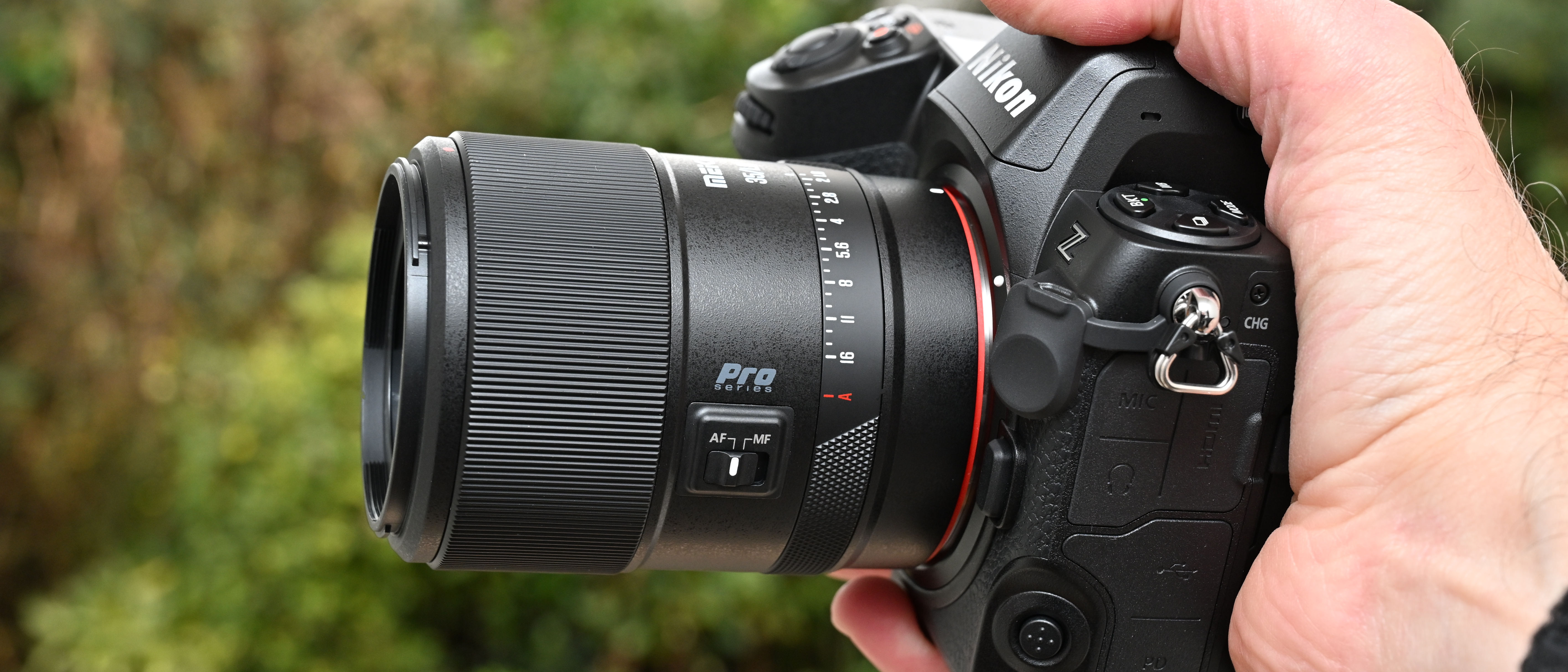Do airport x-ray scanners REALLY ruin camera film, or is it a myth?
One YouTuber has answered the question once and for all, by putting camera film through x-ray scanners at airports

Traveling through airport security as a film photographer is never straightforward. We’ve all heard the warnings that exposing your rolls of film to x-ray scanners could be potentially harmful, but is there actually any truth to it?
Whenever I travel with my film camera, I always ask security not to put it through the x-ray machine and I'm always met with the same response: "The scanners won't harm your film." I'm never fully convinced but, more often than not, I can't be bothered to argue, so I watch it travel along the conveyor belt, into the x-ray tunnel and out the other side – the whole time crossing my fingers, hoping I haven't ruined my precious photos.
• Check out the best film for 35mm cameras, including black and white and color rolls
Knock on wood, I've never actually had any issues with my film when going through an x-ray scanner – so maybe it's about time I start trusting the information. I'm not alone in my uncertainty, though; I have several film photography friends who frequently request the same thing when flying, just in case the worst does happen and they're left with a damaged roll.
To find out once and for all, YouTuber and film photographer Bryan Hong put the theory to the test. He exposed several different rolls of film to x-ray scanners a number of different times, including Kodak T-Max P3200 (19 times), Kodak E100 (15 times), Fuji Superia X-Tra 400 (11 times), Kodak Portra 160 (10 times) and Ilford HP5 Plus 800 (8 times).
Notably, the TSA (Transport Security Administration) advises that its x-rays will not affect film less than ISO800. And indeed, the only damage reported by Hong was to the roll of Kodak T-Max P3200 – and only after being x-rayed 19 times. "The results were not too bad. Certainly there was some x-ray damage and I was actually glad to finally [after multiple experiments] be able to see some damage and share it with the world," he says in his video (embedded above).
"There definitely is a light fog over all of the film that you can see in the clear parts of the film, and there are some other weird patterns that look like light leaks… the level of fogging I saw was a lot less than a lot of the expired films I've seen, and the light leaks look more like faint lens flares."
The best camera deals, reviews, product advice, and unmissable photography news, direct to your inbox!
So it's not a myth, but the facts have just become a bit misconstrued. X-rays are in fact harmful to rolls of film, but the machines used to scan carry-on luggage employ a very low level of radiation so are unlikely to cause any damage – at least, to film less than ISO800. However, the newer CT (computerized tomography) has been claimed to cause fogging, distortion and general image degradation to unprocessed film, due to using much more powerful x-rays.
Armed with this knowledge and proof from Hong, I won't bother asking for my film or film camera to get inspected separately at airport security any more, which will make the whole experience a lot less stressful. I will, however, be triple-checking what type of x-ray machines the airport is using – just in case.
Why not also check out the best disposable cameras if you're not quite ready to invest in a full-time film body. Or do your best to replicate the analog look with some free Lightroom presets.

Having studied Journalism and Public Relations at the University of the West of England Hannah developed a love for photography through a module on photojournalism. She specializes in Portrait, Fashion and lifestyle photography but has more recently branched out in the world of stylized product photography. Hannah spent three years working at Wex Photo Video as a Senior Sales Assistant, using her experience and knowledge of cameras to help people buy the equipment that is right for them. With eight years experience working with studio lighting, Hannah has run many successful workshops teaching people how to use different lighting setups.
